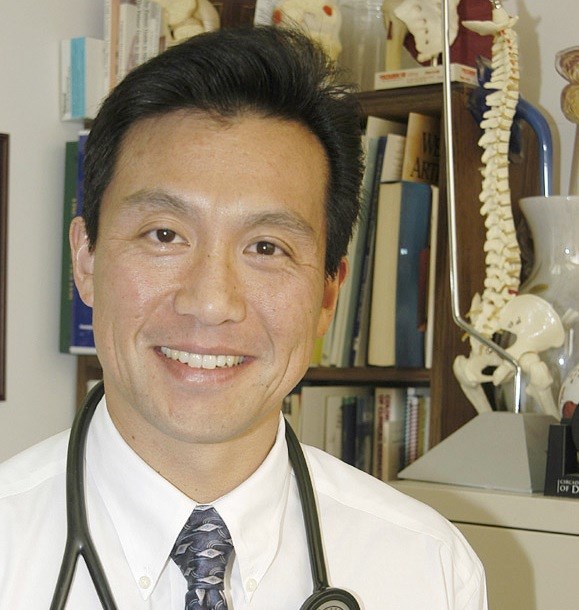As a medical student, I soon recognized that the happiest of my patients told their life stories quite differently than others.
They accepted the same illnesses, accidents and losses in life but also recognized with gratitude the gifts that they had received – aspects of their health that continued to thrive, good fortune that came when most needed, and most importantly, love and kindness shared – particularly from family and friends who had passed on.
If tomorrow you met a friend you had not seen since early childhood, how would you tell your life story? How would you reflect upon the past - what you regret and what you appreciate?
How you judge others and judge yourself can impact your happiness in the present and how you continue to see and live your life. Is there another way to tell your story?
Though we cannot change the events of the past nor circumstances beyond our control, we can change our points of view. You can rewrite our life stories for the better. We can each be an agent of positive change in the writing of our own stories from this moment forward.
How Popular Culture Misleads Us
The happiness that popular culture promises us is ultimately unsatisfying and in fact leads to emptiness and greater unhappiness. The common belief is that we are happy when we get what we want; happiness comes from the satisfaction of our cravings (for material things, sensual pleasures, wealth, prestige, status, power, the latest fashion or the newest iPhone). But none of these things last and neither does the satisfaction we experience.
The Reality of Change
Change is the nature of all things. It is our nature.
It’s therefore futile to pursue and cling to that which doesn’t last. Nothing lasts.
If your desire is to remain youthful for the rest of your life, you will ultimately be unhappy. If you seek to accumulate wealth and hold onto it forever, you will never be satisfied. If your goal is to be free of aging, illness, accident or loss, you will not find happiness. If you expect your best relationships to stay the same your whole life, you will be disappointed.
In our youth, change means growth and we welcome adventure. In our early years, we are looking forward.
With age, change can be seen as a decline in our minds, in our bodies and in our relationships. We look back to what we have lost, and we look forward to further loss.
We forget that we are always growing and have the potential for positive change even in the face of difficult circumstances and personal loss.
This insight into the reality of change can heighten our appreciation for every moment and all of experience without aversion or clinging. We must appreciate what we have when we have it. Every gift that we hold (including those we love most) is not ours to hold forever. We must love and appreciate others while we can and let go when we need to.
Dr. Davidicus Wong is a family physician. For more on achieving your positive potential in life, see his website at www.davidicuswong.wordpress.com



